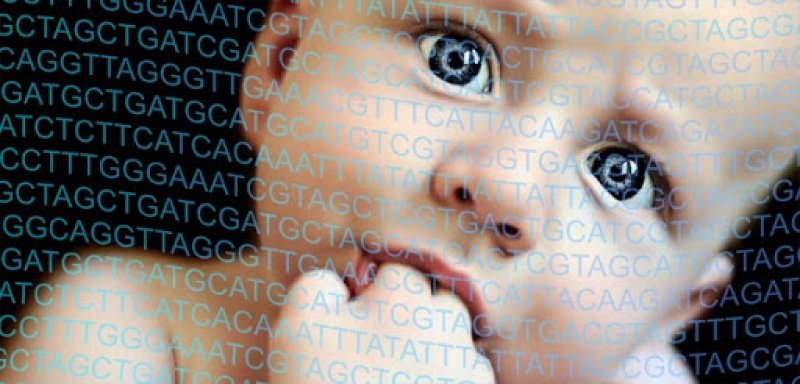In one sense, genetically modifying a child with particular traits is already done on a fairly large scale. Couples with infertility problems have long been utilizing IVF technology to conceive, and one of the perks of IVF is screening and selection of the desired embryo prior to implantation.
…
But there’s another side to the prospect of genetically engineered IVF babies. As techniques become more advanced, they could entice would-be parents to engineer their babies.
…
This leads us to the scorching ethical debate about what would constitute an acceptable edit. Tampering with the predisposition for genetic diseases is one thing, but what about other physical traits? Is making an embryo more predisposed to physical prowess acceptable? Where do you draw the line? There are few clear answers.
Apart from that, gene editing is a complicated, costly, and pretty dubious way to get what others have long gotten by other means, especially by selecting an embryo containing the gene of interest. Most things you can achieve using gene editing can also be achieved by embryo selection, argues Henry Greely, a bioethicist of Stanford University.
For now, the risks of gene editing seem to outweigh the benefits, especially when alternatives exist. But in the future, who knows.































